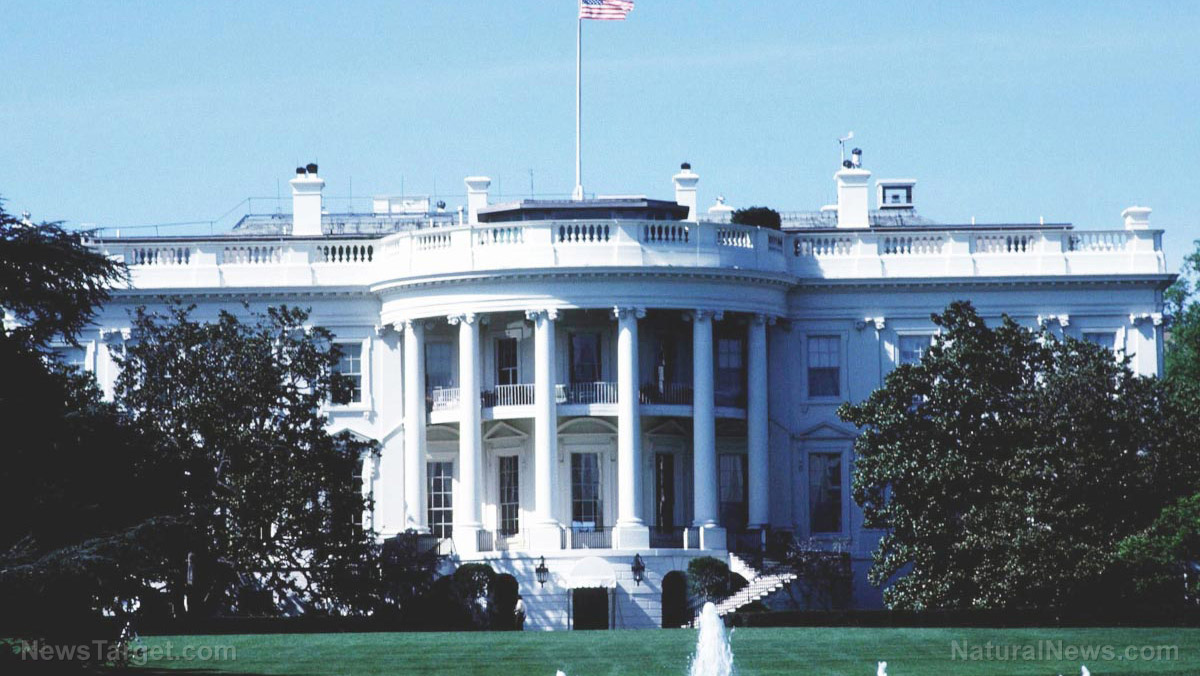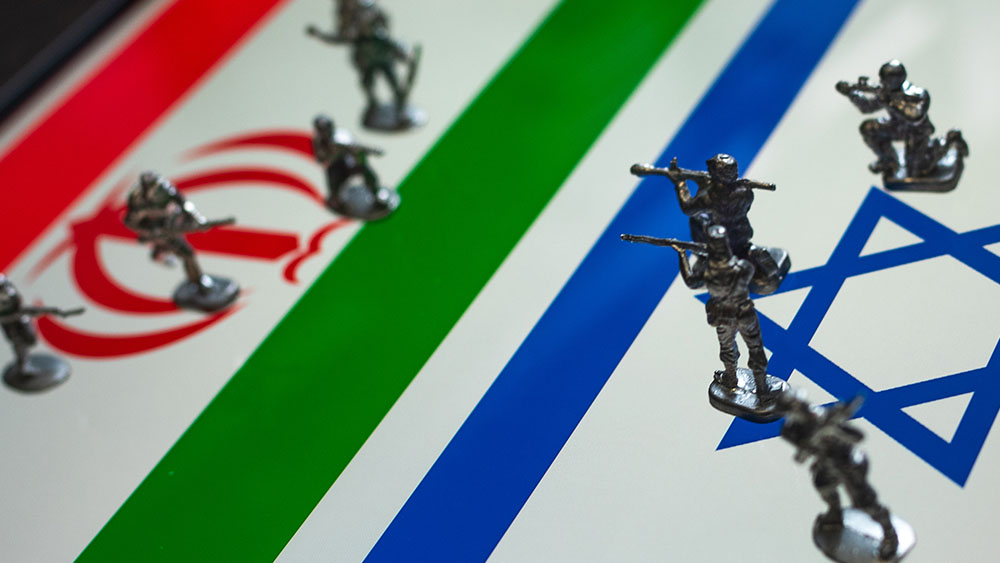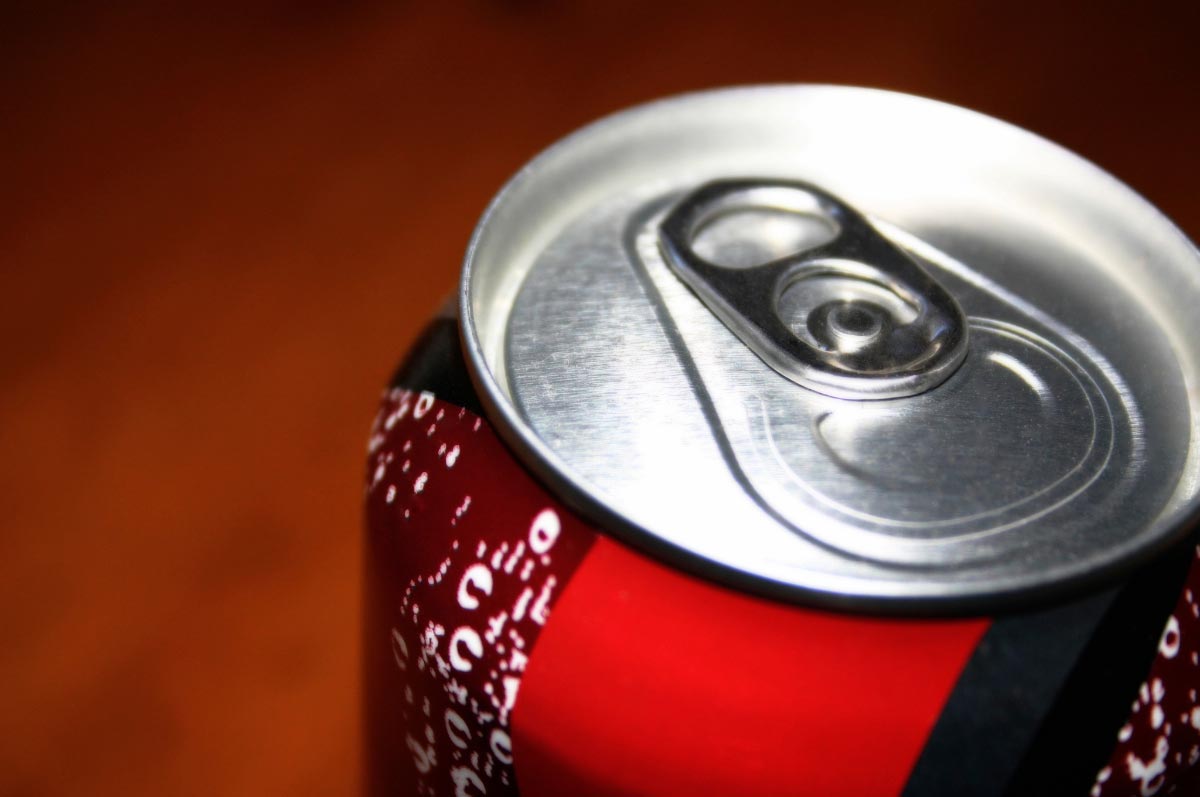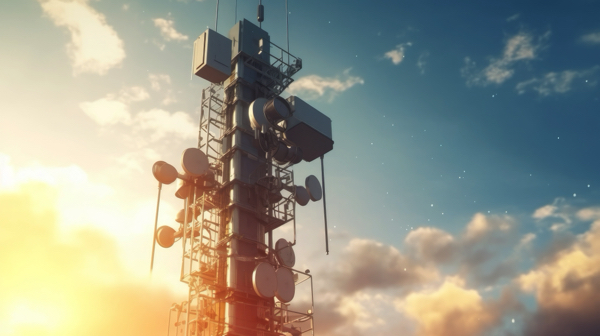 Parler
Parler Gab
Gab
- Russia has accused Ukraine of refusing to accept the remains of thousands of its soldiers, escalating tensions after a failed exchange attempt and amid ongoing disputes over prisoner and body returns.
- Russia unilaterally offered to return over 6,000 fallen Ukrainian soldiers, with the first convoy of 1,212 troops arriving at the designated exchange point on June 7, but Ukraine did not appear, according to Russian officials.
- Zaporozhye Gov. Evgeny Balitsky published the first six pages listing 97 names, identification documents and places of death to inform relatives and highlight Kyiv's alleged concealment of military losses and avoidance of compensation payments.
- Ukraine's Coordination Headquarters denied the accusations, stating both sides were preparing for exchanges and the process was postponed until next week, with no official new date confirmed.
- The issue is a deeply humanitarian concern, affecting families' ability to grieve and find closure. Russia's publication of names is a strategic move to gain public sympathy and pressure Ukraine, while the international community watches closely, concerned about the prospects for peace and regional stability.
Humanitarian concerns
The issue of the return of fallen soldiers is not just a matter of military protocol but also a humanitarian concern. Families of the deceased are left in limbo, unable to properly grieve or receive closure. The publication of the names is an attempt to bring attention to this humanitarian aspect, with Balitsky emphasizing that "families deserve to know the fate of their loved ones." The international community has been watching the situation closely, with some foreign media representatives checking the refrigerated trucks transporting the bodies at the exchange point. The failure of the exchange has raised concerns about the prospects for renewed peace talks and the overall stability of the region. Ongoing military actions on both sides have further complicated the situation. Analysts have noted that the escalation of hostilities raises doubts about the likelihood of a successful prisoner and body exchange soon. (Related: Rising tensions: Ukraine's strikes on Russian air bases fuel nuclear threat and global concerns.) The publication of the names by Russian officials is a strategic move to garner public sympathy and pressure Ukraine into compliance. Media coverage of the issue has been extensive, with international outlets reporting on the failed exchange and the subsequent accusations. In the end, the issue of the return of fallen soldiers is not just a matter of logistics or military protocol; it is a deeply human concern that touches on the very core of what it means to honor the dead and support the living. The current impasse is a testament to the complexities of modern warfare and the challenges of finding common ground in the midst of conflict. Watch the video below that talks about the "illusion" diplomatic relationship between Russia and Ukraine. This video is from The Prisoner channel on Brighteon.com.More related stories:
Trump warns of "very, very tough" SANCTIONS on both Russia and Ukraine if peace talks collapse. Ukraine's historic drone strikes on Russian nuclear airbases signal a new phase in the war, risking nuclear escalation. Germany signals shift in Ukraine strategy: A diplomatic end to the conflict?Sources include:
RT.com ChinaDaily.com.cn Brighteon.comPhysics debunks climate alarmism: CO2 cannot overheat the planet – IT FEEDS THE WORLD
By Lance D Johnson // Share
Health Ranger Report: Paul Craig Roberts discusses America’s foreign policy MISSTEPS
By Kevin Hughes // Share
Unprecedented Israeli strikes on Iran spark calls for Muslim unity
By Belle Carter // Share
5G’s hidden toll: New evidence shows health impacts ignored by industry
By Willow Tohi // Share
Governments continue to obscure COVID-19 vaccine data amid rising concerns over excess deaths
By patricklewis // Share
Tech giant Microsoft backs EXTINCTION with its support of carbon capture programs
By ramontomeydw // Share
Germany to resume arms exports to Israel despite repeated ceasefire violations
By isabelle // Share










